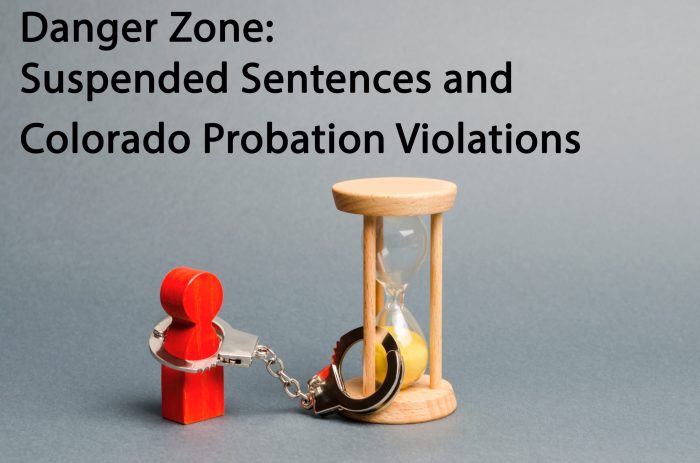Suspended imposition of sentence south dakota – Suspended imposition of sentence (SIS) in South Dakota is a valuable sentencing option that offers eligible offenders an opportunity to avoid the immediate imposition of a prison sentence. This introductory paragraph delves into the concept of SIS, exploring its purpose, benefits, and eligibility criteria, setting the stage for a comprehensive understanding of this topic.
1. Introduction to Suspended Imposition of Sentence in South Dakota: Suspended Imposition Of Sentence South Dakota

In South Dakota, suspended imposition of sentence (SIS) is a sentencing option that allows a judge to postpone sentencing for a specified period. During this period, the defendant is placed on probation and must comply with certain conditions. If the defendant successfully completes the probation period, the sentence is typically dismissed.
SIS is designed to provide an opportunity for rehabilitation and to reduce recidivism. It allows defendants to avoid the negative consequences of a criminal conviction, such as incarceration, while still being held accountable for their actions.
2. Eligibility for SIS in South Dakota

To be eligible for SIS in South Dakota, a defendant must:
- Be convicted of a non-violent felony or a misdemeanor
- Have no prior felony convictions
- Have a favorable presentence investigation report
- Be deemed likely to benefit from probation
The court will also consider the nature and circumstances of the offense when determining eligibility for SIS.
3. Procedures for Imposing SIS in South Dakota

The process for imposing SIS in South Dakota is as follows:
- The defendant is convicted of a crime.
- The court conducts a presentence investigation.
- The court determines whether the defendant is eligible for SIS.
- If the defendant is eligible, the court imposes a sentence and suspends its imposition.
- The defendant is placed on probation for a specified period.
- If the defendant successfully completes the probation period, the sentence is dismissed.
The court, prosecutor, and defense attorney all play a role in the process of imposing SIS.
4. Conditions of SIS in South Dakota
The court may impose a variety of conditions during SIS, including:
- Probation supervision
- Community service
- Restitution
- Substance abuse treatment
- Mental health counseling
The defendant must comply with all of the conditions of SIS in order to successfully complete the probation period.
5. Termination of SIS in South Dakota

SIS can be terminated if the defendant:
- Successfully completes the probation period
- Violates the conditions of SIS
- Commits a new crime
If SIS is terminated, the court may impose the original sentence.
6. Comparison of SIS to Probation in South Dakota
The following table compares SIS to probation in South Dakota:
| SIS | Probation | |
|---|---|---|
| Eligibility | Non-violent felonies and misdemeanors | Any crime |
| Conditions | Typically less restrictive | Typically more restrictive |
| Duration | Varies depending on the offense | Typically 1-5 years |
| Consequences of violation | Revocation of SIS and imposition of sentence | Varies depending on the violation |
7. Statistics and Data on SIS in South Dakota
According to the South Dakota Unified Judicial System, there were 1,234 SIS cases in 2020. Of these cases, 85% of defendants successfully completed the probation period.
The use of SIS has been increasing in South Dakota in recent years. This is likely due to the fact that SIS is an effective way to reduce recidivism and to provide defendants with an opportunity to rehabilitate themselves.
Helpful Answers
What is the purpose of suspended imposition of sentence?
SIS aims to provide offenders with an opportunity to avoid immediate imprisonment while still being held accountable for their actions. It allows them to demonstrate good behavior and rehabilitation, potentially leading to the dismissal of their charges.
What are the eligibility criteria for SIS in South Dakota?
To be eligible for SIS, offenders must meet certain criteria, including having no prior felony convictions, demonstrating remorse for their actions, and being likely to successfully complete the terms of their sentence.
What are the typical conditions imposed during SIS?
Common conditions of SIS include completing probation, paying fines or restitution, attending counseling or treatment programs, and refraining from criminal activity.
What are the consequences of violating the conditions of SIS?
Violating the conditions of SIS can result in the immediate imposition of the original sentence or other penalties, such as additional probation time or jail time.